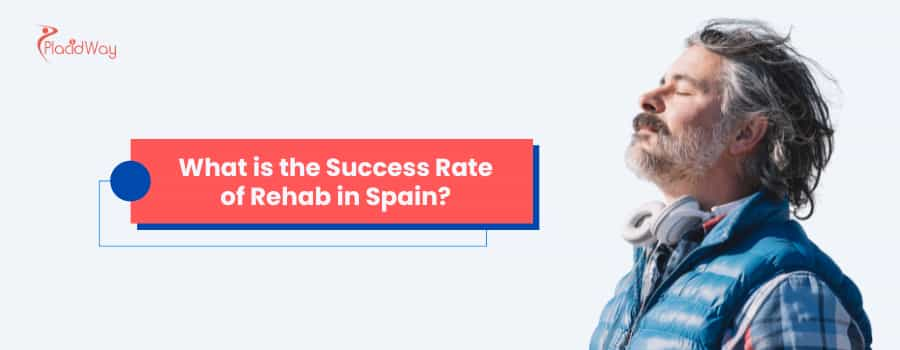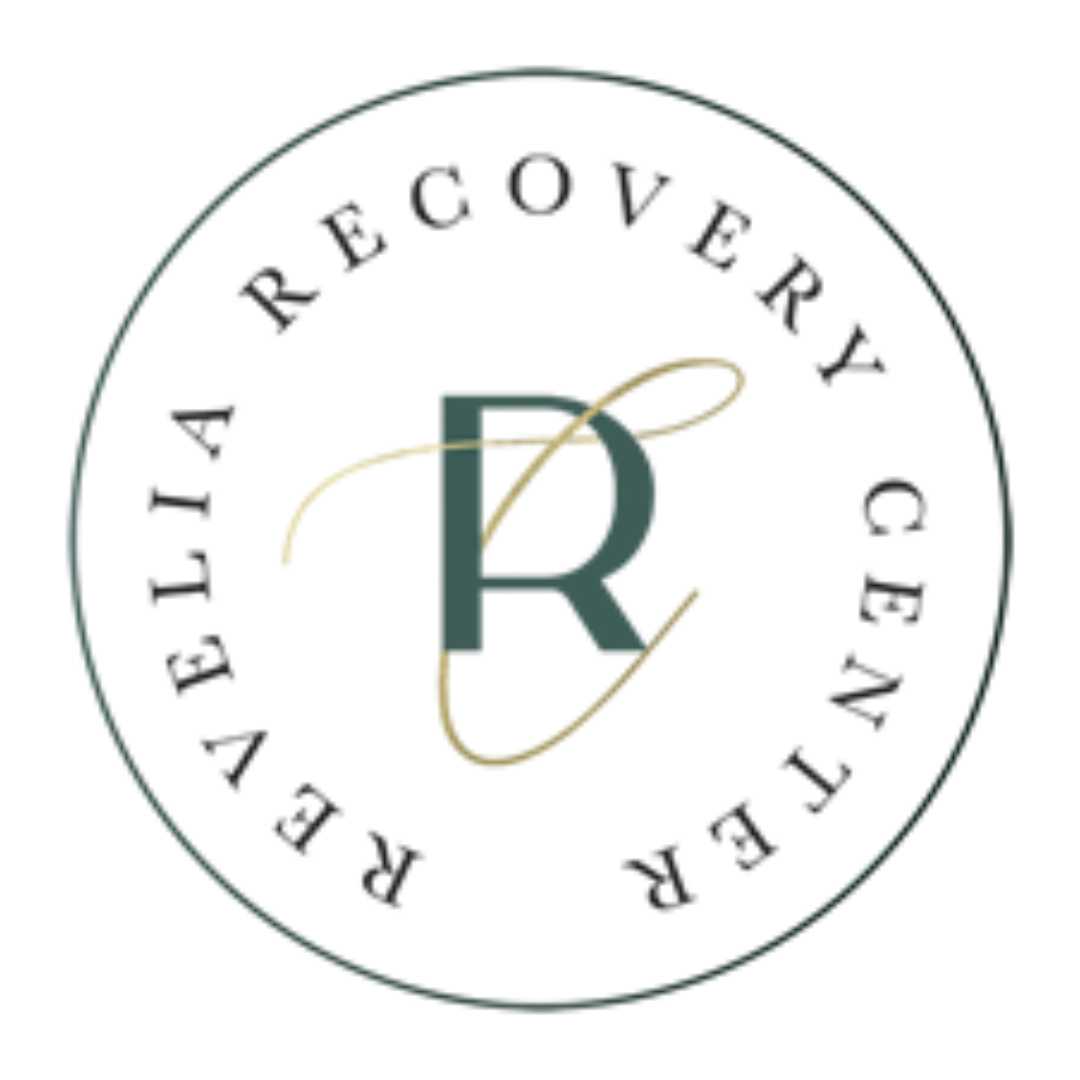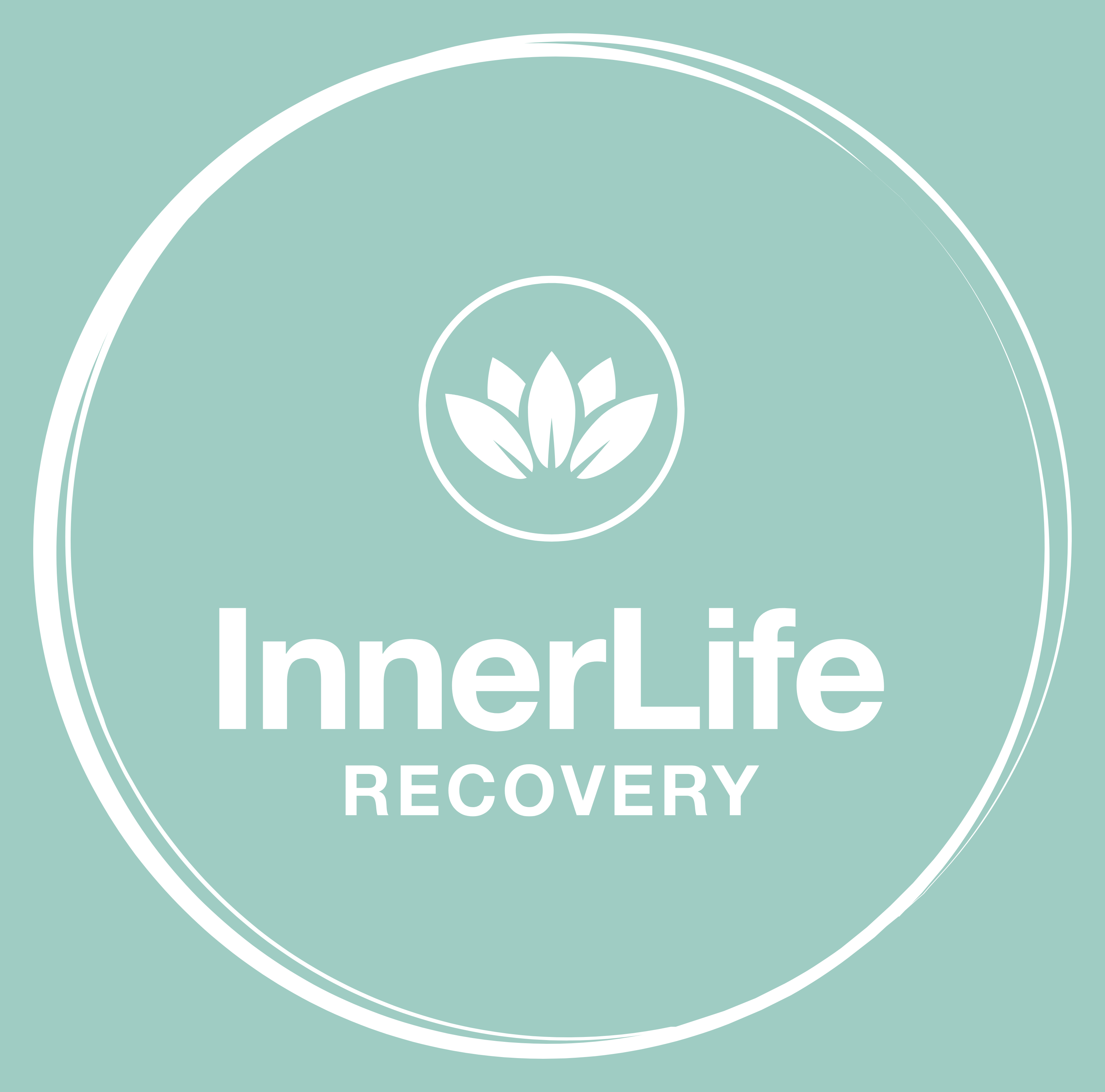Explore the Success Rate of Rehab in Spain

Considering addiction rehabilitation in Spain is a significant step towards a healthier future. A primary question for many is about the effectiveness and success rate of rehab in Spain. The straightforward answer is that success rates are high, often reported to be between 60% and 90%, depending on the facility and the nature of the addiction. However, this is not a simple statistic. The success of addiction treatment in Spain is influenced by a multitude of factors, including the type of program, the individual's commitment, and the quality of aftercare. This blog post will delve into the various aspects that define and contribute to the high success rates of rehabilitation in this serene and supportive environment.
What is a realistic success rate for rehab in Spain?
"A realistic success rate for rehab in Spain generally falls between 60% and 90%, with specific outcomes varying based on the treatment center, the type of addiction being treated, and the individual's circumstances."
The concept of a single, universal success rate for all rehab facilities in Spain is a misconception. Reputable private clinics often publish their own success rates, which can be a helpful indicator. For example, some centers report success rates upwards of 70% for alcohol addiction and slightly lower, though still significant, rates for substance abuse. It's crucial to understand that these figures are often based on the clinic's own follow-up studies and may define "success" differently, such as a year of sobriety post-treatment.
When evaluating the success rate of rehab in Spain, consider the source of the data and what it represents. A high success rate is a positive sign, but it's the underlying factors that truly paint a complete picture of what you can expect from addiction treatment in Spain. These factors include the therapeutic methods used, the experience of the clinical staff, and the comprehensiveness of the recovery program.
How is the success of addiction treatment measured?
"The success of addiction treatment is primarily measured by long-term abstinence from the substance or behavior, but it also includes significant improvements in the individual's mental and physical health, quality of life, and social functioning."
Measuring the success of rehabilitation is a multifaceted process that goes beyond simply tracking abstinence. While sobriety is a primary goal, a holistic view of recovery encompasses much more. Reputable rehab centers in Spain evaluate success based on a range of indicators that reflect a profound and lasting transformation in an individual's life.
These indicators often include:
- Sustained Sobriety: The ability to remain free from the addictive substance or behavior for an extended period after completing the program.
- Improved Mental Health: A reduction in symptoms of co-occurring mental health disorders such as depression, anxiety, or trauma.
- Enhanced Physical Well-being: Better physical health, including improved sleep, nutrition, and fitness levels.
- Restored Relationships: The mending of relationships with family and friends that were strained by addiction.
- Increased Productivity: The ability to return to work, school, or other meaningful activities.
What factors contribute to the high success rate of rehab in Spain?
"The high success rate of rehab in Spain is attributed to a combination of factors including a serene and healing environment, highly qualified English-speaking therapists, personalized treatment plans, and a significant distance from the individual's triggers and negative influences."
Spain's reputation as a top destination for addiction treatment is well-deserved, and several key elements contribute to its high success rates. The country offers a unique blend of a tranquil setting and world-class clinical care, creating an ideal environment for recovery.
The change of scenery to a sunny, peaceful location like Spain can have a profound psychological impact. It removes individuals from their daily stressors and the people, places, and things associated with their addiction. This physical and mental distance allows for a deeper focus on healing. Furthermore, many Spanish rehab centers are located in beautiful, private settings, offering a sense of sanctuary and confidentiality that is conducive to recovery.
What types of addiction are treated in Spain?
"Rehab centers in Spain are equipped to treat a wide range of addictions, including alcohol, prescription drugs, illicit substances like cocaine and heroin, as well as behavioral addictions such as gambling and eating disorders."
The expertise available in Spanish rehabilitation facilities covers a broad spectrum of addictive disorders. Whether an individual is struggling with a substance use disorder or a compulsive behavior, they can find specialized treatment programs tailored to their specific needs.
The most common addictions treated include:
- Alcohol Addiction: Comprehensive programs that address both the physical and psychological aspects of alcoholism.
- Drug Addiction: Treatment for a variety of substances, from cannabis to opioids, often including a medically supervised detox.
- Behavioral Addictions: Specialized therapies for issues like gambling, internet addiction, and co-dependency.
What is the typical duration of a rehab program in Spain?
"A typical rehab program in Spain lasts for 30, 60, or 90 days, with the recommended duration depending on the severity of the addiction and the individual's progress."
The length of stay in a rehab facility is not a one-size-fits-all solution. While a 30-day program can be effective for some, longer programs often yield higher success rates, particularly for individuals with long-standing or severe addictions.
A 30-day program provides an intensive period of therapy and stabilization. A 60-day program allows for more in-depth therapeutic work and the development of stronger coping mechanisms. A 90-day program offers the most comprehensive level of care, giving individuals ample time to solidify their recovery and prepare for a successful return to their daily lives. The clinical team will work with each person to determine the most appropriate length of stay.
Are the therapists in Spanish rehab centers qualified?
"Yes, therapists and clinical staff in reputable Spanish rehab centers are highly qualified, often with international accreditations and extensive experience in addiction and mental health treatment. Many are also fluent in English."
The quality of the therapeutic team is a cornerstone of effective addiction treatment. The best rehab centers in Spain pride themselves on their team of experienced and credentialed professionals. This includes psychiatrists, psychologists, therapists, and support staff who are experts in their respective fields.
Many clinicians have trained and worked in various countries, bringing a wealth of diverse perspectives and therapeutic approaches. The ability to receive therapy in your native language is also a significant advantage for international clients, ensuring clear communication and a deeper therapeutic connection.
What therapeutic approaches are used in Spanish rehabs?
"Spanish rehabs utilize a variety of evidence-based therapeutic approaches, including Cognitive Behavioral Therapy (CBT), Dialectical Behavior Therapy (DBT), individual and group therapy, and holistic therapies like mindfulness and yoga."
A comprehensive and individualized treatment plan is a hallmark of high-quality rehab in Spain. Rather than a singular approach, the best centers employ a range of therapies to address the complex nature of addiction.
Cognitive Behavioral Therapy (CBT) helps individuals identify and change negative thought patterns and behaviors associated with their addiction. Dialectical Behavior Therapy (DBT) is particularly effective for those with co-occurring mental health conditions, teaching skills in emotional regulation and distress tolerance. Individual therapy provides a private space to delve into personal issues, while group therapy offers peer support and a sense of community. Holistic therapies complement these traditional approaches by addressing the mind, body, and spirit.
Does the cost of rehab in Spain affect the success rate?
"While the cost of rehab in Spain is generally more affordable than in countries like the UK or the US, it does not compromise the quality of care or the potential for a high success rate. Value for money is a key advantage of seeking treatment in Spain."
One of the significant draws of choosing Spain for rehabilitation is the cost-effectiveness. Private rehab can be expensive, but in Spain, the cost is often considerably lower without sacrificing the high standards of care and luxurious amenities. This affordability makes quality treatment accessible to a wider range of people.
The lower cost does not equate to a lower success rate. In fact, by making comprehensive, long-term treatment more financially feasible, it can contribute to better outcomes. Individuals may be able to afford a longer stay, which is often correlated with a higher chance of sustained recovery.
Is aftercare important for long-term success?
"Yes, aftercare is a critical component of long-term success in addiction recovery. A good rehab program in Spain will provide a comprehensive aftercare plan to support individuals as they transition back to their daily lives."
Recovery is an ongoing journey that extends far beyond the time spent in a residential treatment facility. A robust aftercare program is essential for preventing relapse and maintaining the progress made during rehab.
Effective aftercare plans often include:
- Ongoing Therapy: Continued individual or group therapy sessions.
- Support Groups: Connection to local 12-step programs or other support networks.
- Alumni Programs: Staying connected with the rehab center and fellow alumni for ongoing support and encouragement.
- Relapse Prevention Strategies: Reinforcing the coping skills and strategies learned in treatment.
A commitment to aftercare is a strong predictor of long-term sobriety and overall well-being.
Ready to take the next step towards recovery? Explore the world-class rehabilitation options available in Spain and find a program that's right for you. Visit PlacidWay to learn more about our trusted network of healthcare providers and start your journey to a healthier, addiction-free life.


.png)





.png)








Share this listing